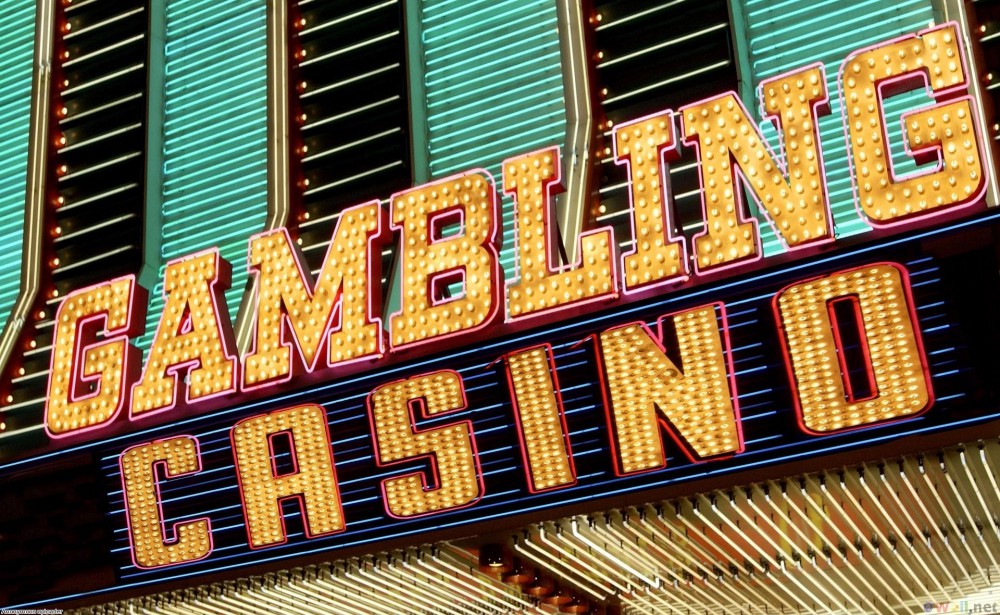![]()
Poker revenue at Hollywood Park Casino, located in Inglewood near the Westside of Los Angeles, is surging.
Though the media is focused on the $2.6-billion stadium being built for two NFL franchises (the Los Angeles Rams or the San Diego Chargers) as part of the City of Champions Revitalization Project, there is a new game in town that really can be a game changer for gambling on the Westside of Los Angeles.
Silicon Beach is the name for the Westside of Los Angeles that is home to over 500 tech startup companies. From Google to Snap Inc., the company behind the popular mobile chat app Snapchat, major tech companies have opened offices or are headquartered in the region.
The area includes the cities of Culver City, Playa Vista, Marina Del Rey, Venice Beach and Santa Monica–all just minutes from Hollywood Park Casino.
Billions in venture capital are financing the tech boom, and it looks like the money will continue to flow with the expected Snap Inc. IPO scheduled for Thursday, March 2.
With the company looking to price its upcoming initial public offering at between $14 and $16 a share, Snap could have a market value of more than $22 billion. The company could raise nearly $3.7 billion, according to an article in CNN Money.
This influx of money can transform the region and could have a major impact on the gaming world from Los Angeles to Las Vegas.
The California and Nevada gaming industry and the way it is marketed may look different in the near future because of E-Sports and Internet gaming being developed in Silicon Beach. California gaming laws need to catch up with the new gaming opportunities on the horizon.
Nevada has been working hard on new gaming regulations to allow the new generation of gamers to play and bet legally on games of their choice. There is even some support to changing the gambling age to 18 in Nevada.
This new generation may not find table games or slots entertaining, but they do like games, and one game in particular they love is poker. Poker, along with E-Sports, may be the engine that drives the new gambling economy.
The gambling companies of the future and the businesses that market them may come from Silicon Beach and Southern California in the not-to-distant future.
Industries of the Future
![]()
Thousands of new jobs will be created in social media companies, gaming studios and digital marketing companies like Jukin Media, the global leader in viral video licensing. These companies, though not household names, create and market the content that millions will purchase or view.
It’s time casinos get into digital marketing if they want to reach this new generation of gamers.
The employees who work in these industries range in age from their early 20s to 40s, and many of these tech and gaming employees are locating and working on the Westside of Los Angeles.
Ramy Wahba, Casino Manager of Hollywood Park Casino, recognizes the need to reach out to this new demographic, and he said they are creating a total new experience for the young gamers starting with their tournaments and service. They gave tournament players their own deli for faster service. And that’s just the beginning.
I recently located to the area with my wife who works at a video game company on the Westside. It’s a very special place now, and I forward to this exciting time in the gaming industry.
Robert Turner is a legendary poker player and casino/billiard marketing expert. Robert is most well-known for creating the game of Omaha poker and introducing it to Nevada in 1982 and to California in 1986. He created Legends of Poker for the Bicycle Casino in 1995. He also helped create Live at the Bike, the first live gaming site broadcast on the Internet in 2002.
He has spent over 30 years in casino marketing and player development. He has served as an executive host at the Bicycle Casino and MGM. He is currently working as a casino consultant.
Robert can be reached at robertturnerpoker@gmail.com for consulting, marketing and coaching. Find Robert on Facebook at https://www.facebook.com/thechipburner and on Twitter @thechipburner. Subscribe to Robert’s blog “Beyond the Numbers” at www.robertturnerpoker.wordpress.com to receive notifications of new posts by email.



 Robert Turner as part of Larry Flynt’s Original Hustler Casino Management Team
Robert Turner as part of Larry Flynt’s Original Hustler Casino Management Team







